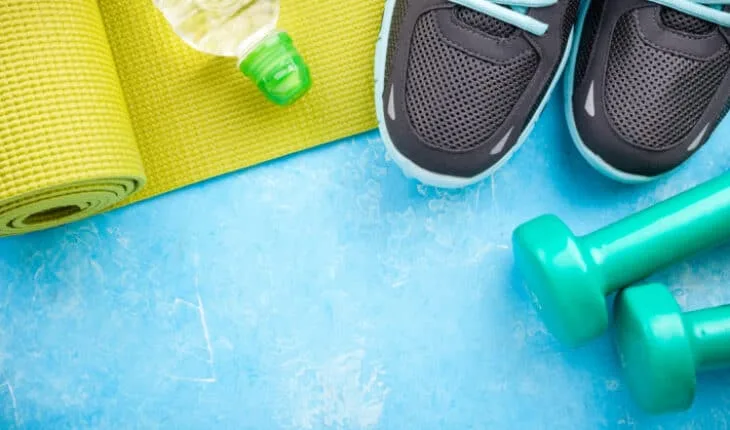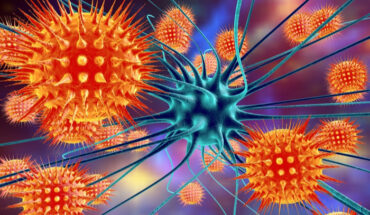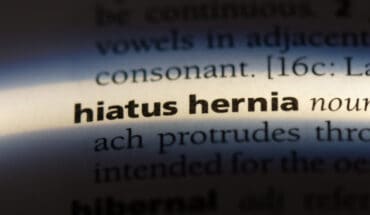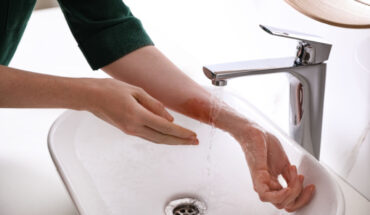3 vital electrolytes and what they do in the body: If you’re physically active, go to the gym, or are even remotely interested in the world of fitness, you most likely have heard about electrolytes and their importance when it comes to performance.
But do you know what electrolytes are and why they are such a hot topic in every discussion about health, hydration, and muscular performance?
Each electrolyte has a unique role, and the top 3 most important ones keep your body going at optimal parameters. Furthermore, when you know how electrolytes work and how to use them to your advantage, your training will improve a lot faster.
So, if you’re looking to boost your workout routine or you simply want to learn about electrolytes, here’s a quick guide to get you started.
1. Potassium
Have you ever wondered how your heart maintains a steady rhythm or how your muscles contract and relax seamlessly during workouts? That’s potassium behind the scenes, steering the show.
Besides these vital functions, potassium plays a critical role in fostering fluid balance within the body. Balanced hydration levels are not just about drinking ample water; they also depend on maintaining the right amount of electrolytes like potassium.
Another essential aspect of potassium is its part in transmitting nerve signals. Efficient communication between nerves helps all bodily systems work in harmony, guiding everything from muscle contractions to reflexes and responses.
2. Sodium
Sodium is the main component of table salt, but its work doesn’t stop at seasoning your food. Sodium also plays an important role in regulating the body’s water levels and blood volume, which are essential for ensuring stable blood pressure and supporting overall cardiovascular health.
It also shapes your fitness experience significantly. If you’ve ever felt muscle cramps after intense exercise, sodium insufficiency may be to blame.
Additionally, sodium enables quick electrical impulses across cells, fostering efficient communication between nerves and muscle fibers. It also aids digestion by facilitating nutrient absorption in the intestines and protein/amino acids retention in the body.
In conclusion, keeping an eye on your sodium intake is key not just for gym-goers but anyone committed to leading a healthy lifestyle.
3. Magnesium
While it may not be as famous as potassium and sodium, magnesium plays an important role in the heart’s electrical functioning. It’s also important for nerve communication as it helps transport electrical impulses across nerve cells efficiently, facilitating smooth messaging within your nervous system.
In addition, magnesium is critical for muscle function. Have you ever experienced muscle twitching or cramping? These could signal low magnesium levels in your body.
Moreover, this handy electrolyte plays a major part in energy production. The fact that it assists in converting food into energy makes it indispensable for those aiming for effective workouts and comprehensive recovery afterward.
How to Replenish Lost Electrolytes After Exercise
As you can see, electrolytes play a major role in keeping your body working at its best. But they also have a function in hydration. This is why you can lose large amounts of electrolytes during intense exercise when you sweat and feel dehydrated.
So, if you want to ensure a speedy recovery and progress on your fitness journey, coping with electrolyte loss should be a key part of your post-workout routine.
Here are a few steps to take:
- Hydrate – Drink plenty of fluids to replenish your body’s water reserve.
- Eat a Balanced Meal – Foods rich in potassium, sodium, calcium, and magnesium can restore lost electrolytes naturally. Some examples include bananas (potassium), dairy products (calcium), seeds/nuts (magnesium), and soups/broths (sodium).
- Consider Sports Drinks – Sports drinks can deliver a quick fix of electrolytes, in addition to hydration, after intense workouts.
- Supplementary Salts & Electrolyte Tablets – If you’re an endurance athlete or involved in prolonged exercise sessions, consider using these for rapid restoration.
Wrap Up
If you can harness the power of electrolytes, you can greatly enhance your fitness journey and overall well-being. Furthermore, if you can find ways to replenish these crucial minerals efficiently, your body will be able to function at optimal levels. As a result, you’ll be able to achieve your fitness goals faster and with less effort.
- Gut microbiome could delay onset of type 1 diabetes - 3rd April 2025
- The da Vinci 5 Robot Is Set To Transform Bariatric Care: - 31st March 2025
- Beyond money: the hidden drivers fuelling child food insecurity - 31st March 2025






